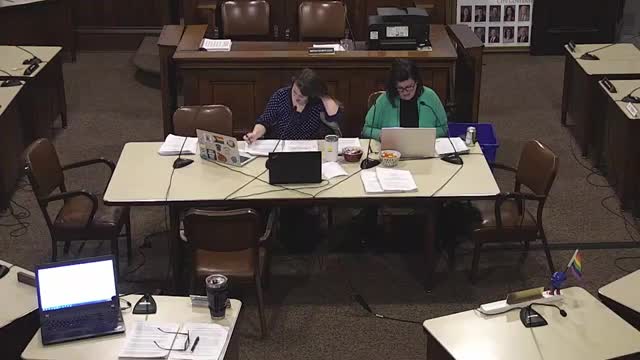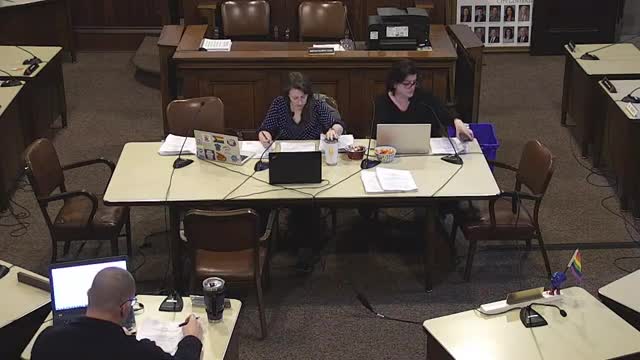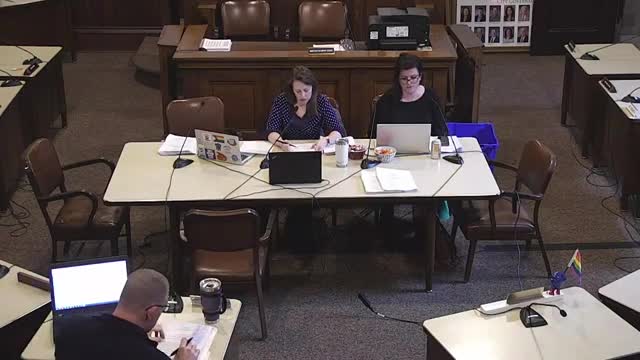Article not found
This article is no longer available. But don't worry—we've gathered other articles that discuss the same topic.

Attorney General finds Open Meeting Law violations; committee ordered to release executive‑session topics

Holyoke committee debates year‑end transfer rules and ‘first/second reading’ practice after dueling legal opinions

